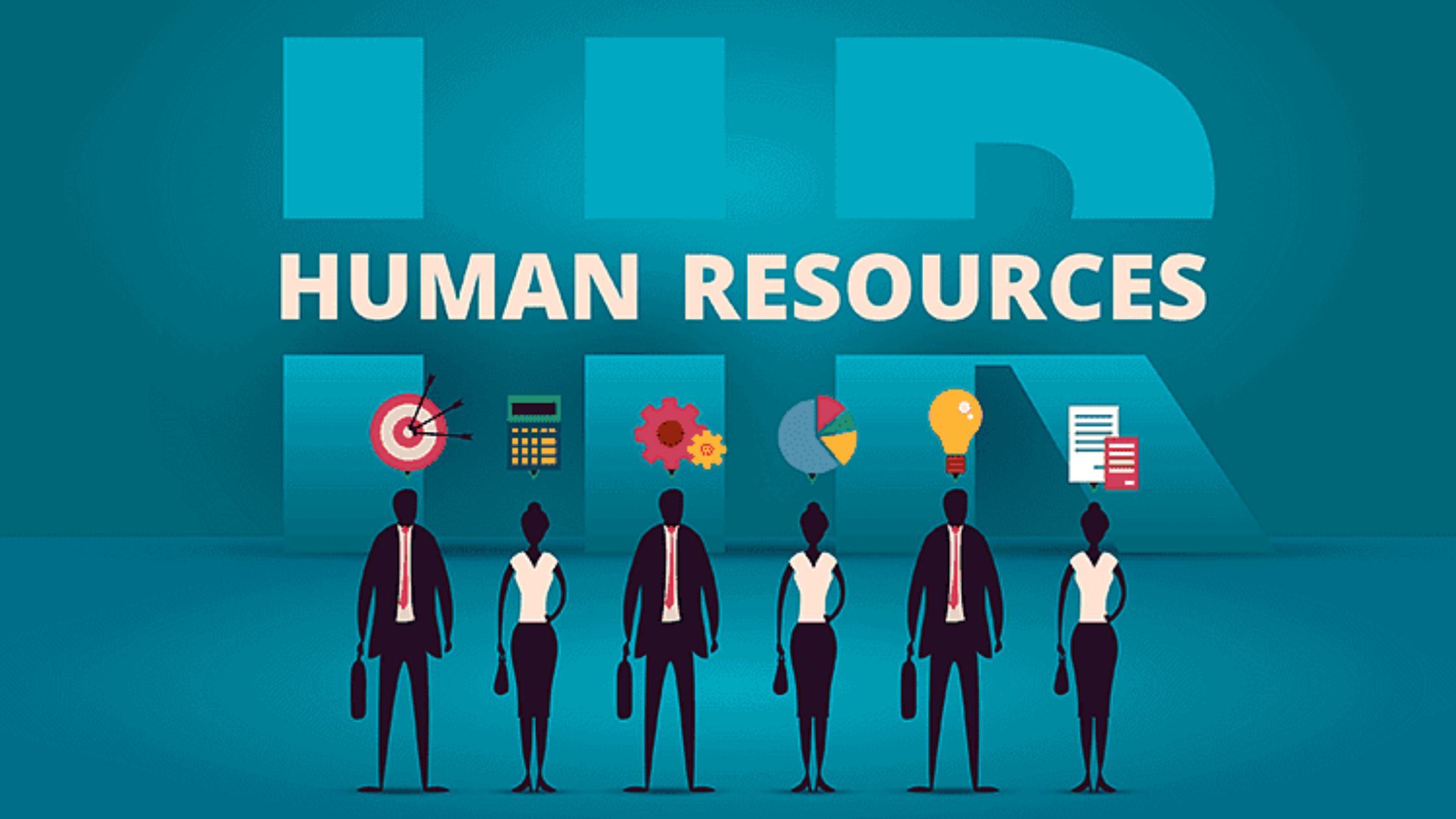The role of an HR Manager, short for Human Resources Manager, is crucial in modern organizations. HR managers play a vital role in overseeing and managing various aspects of the workforce, ensuring the smooth functioning of the organization and the well-being of its employees. This article aims to provide an in-depth understanding of the responsibilities, skills, and challenges faced by HR managers.
Responsibilities of an HR Manager
1. Talent Acquisition and Recruitment
One of the primary responsibilities of an HR manager is to attract and hire talented individuals who align with the organization's goals and values. This involves developing effective recruitment strategies, conducting interviews, evaluating candidates, and making informed hiring decisions. HR managers also collaborate with department heads to identify their staffing needs and ensure a diverse and inclusive hiring process.
2. Employee Onboarding and Orientation
Once new employees are hired, HR managers facilitate the onboarding and orientation process. They ensure that new hires have a smooth transition into the organization by providing them with necessary information about policies, procedures, and company culture. HR managers play a vital role in making newcomers feel welcome and helping them integrate into the team.
3. Performance Management and Training
HR managers are responsible for designing and implementing performance management systems to evaluate employee performance and provide feedback. They coordinate performance appraisals, identify areas for improvement, and develop training programs to enhance employee skills and competencies. HR managers also facilitate career development opportunities, ensuring that employees have access to training and growth opportunities within the organization.
4. Employee Relations and Conflict Resolution
Building and maintaining positive employee relations is a critical aspect of an HR manager's role. They act as a liaison between employees and management, addressing concerns, resolving conflicts, and promoting a healthy work environment. HR managers play a vital role in fostering employee engagement, satisfaction, and overall well-being, ultimately contributing to higher productivity and retention rates.
5. Compensation and Benefits Management
HR managers oversee the administration of employee compensation and benefits programs. They ensure that the organization offers competitive salary structures, benefits packages, and incentives to attract and retain top talent. HR managers stay updated on industry trends and legal requirements related to compensation and benefits, ensuring compliance and fairness within the organization.
Skills and Qualifications of an HR Manager
1. Strong Communication and Interpersonal Skills
Effective communication and interpersonal skills are essential for HR managers to interact with employees, management, and external stakeholders. They must be able to listen actively, provide clear instructions, and facilitate open and honest communication channels within the organization.
2. Problem-Solving and Decision-Making Abilities
HR managers frequently encounter complex situations that require quick thinking and decision-making skills. They must be adept at analyzing information, assessing risks, and making informed decisions that align with the organization's goals and values.
3. Knowledge of Employment Laws and Regulations
HR managers must have a solid understanding of relevant employment laws and regulations to ensure compliance in areas such as hiring, termination, compensation, and employee rights. Staying updated on legal requirements and changes in legislation is crucial to protect both employees and the organization.
4. Strategic Thinking and Business Acumen
HR managers need to think strategically and understand the broader goals and objectives of the organization. They should align HR initiatives with business strategies, contribute to organizational growth, and make data-driven decisions to optimize the workforce and maximize employee performance.
5. Ethical and Confidentiality Standards
HR managers handle sensitive employee information and must adhere to strict ethical and confidentiality standards. They should maintain confidentiality when dealing with employee issues, investigations, and personal data, demonstrating professionalism and trustworthiness.
Challenges Faced by HR Managers
1. Managing Diversity and Inclusion
In today's diverse workplaces, HR managers face the challenge of creating inclusive environments where employees from different backgrounds feel valued and respected. They must promote diversity, address biases, and implement strategies that foster an inclusive culture within the organization.
2. Adapting to Technological Advancements
The rapid advancement of technology has transformed various HR processes. HR managers need to stay updated with emerging technologies such as applicant tracking systems, HR analytics, and employee management software. They must adapt to these changes and leverage technology to streamline HR operations and enhance efficiency.
3. Employee Retention and Engagement
Retaining top talent and keeping employees engaged is a continuous challenge for HR managers. They must develop effective retention strategies, create opportunities for career growth, and implement initiatives to promote employee well-being and work-life balance.
4. Handling Employee Relations Issues
Managing employee relations issues such as conflicts, grievances, and disciplinary actions can be challenging for HR managers. They need strong interpersonal skills, tact, and empathy to address these issues promptly and fairly while maintaining a positive work environment.
5. Adapting to Changing HR Trends
The field of HR is constantly evolving, with new trends and best practices emerging. HR managers need to stay updated with industry trends, attend conferences, participate in professional development programs, and continuously enhance their knowledge and skills to effectively meet the changing demands of the workforce.
Conclusion
HR managers are instrumental in managing the human capital of an organization. From talent acquisition to employee relations, they play a multifaceted role that contributes to the overall success of the organization. By understanding their responsibilities, developing key skills, and navigating the challenges they face, HR managers can create a positive work environment and support the growth and development of both employees and the organization as a whole.
Subscribe by Email
Follow Updates Articles from This Blog via Email


No Comments